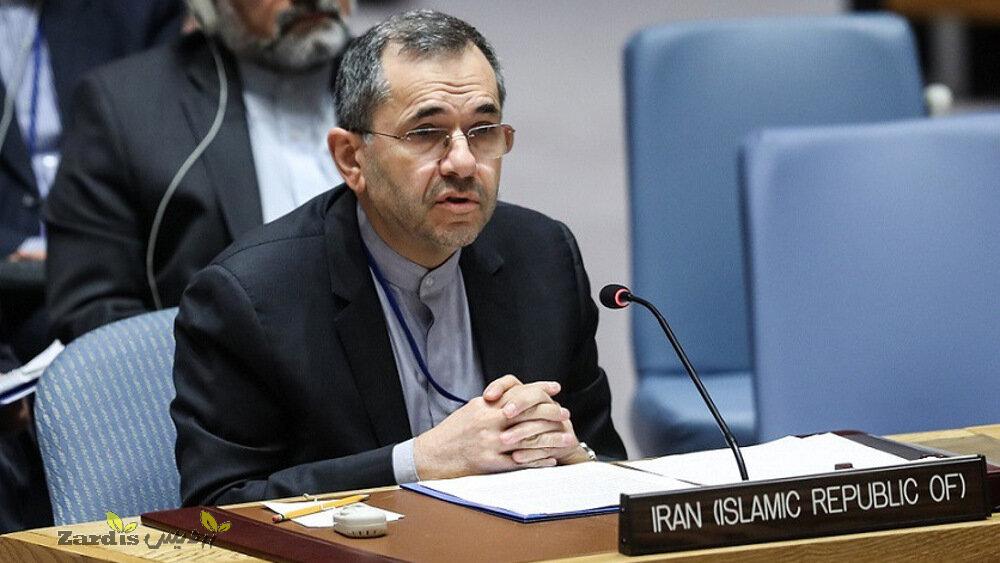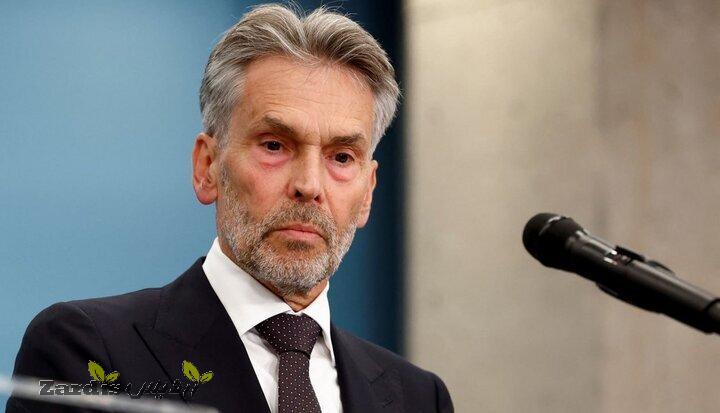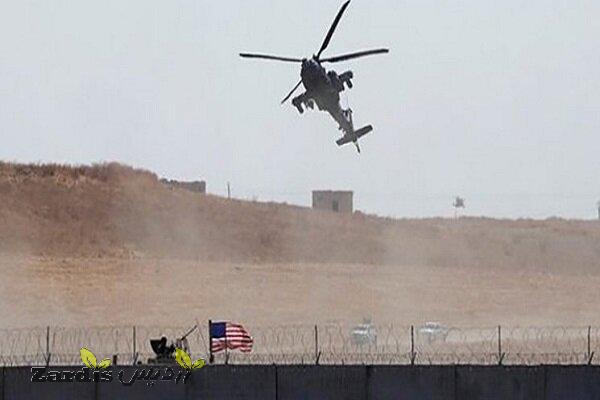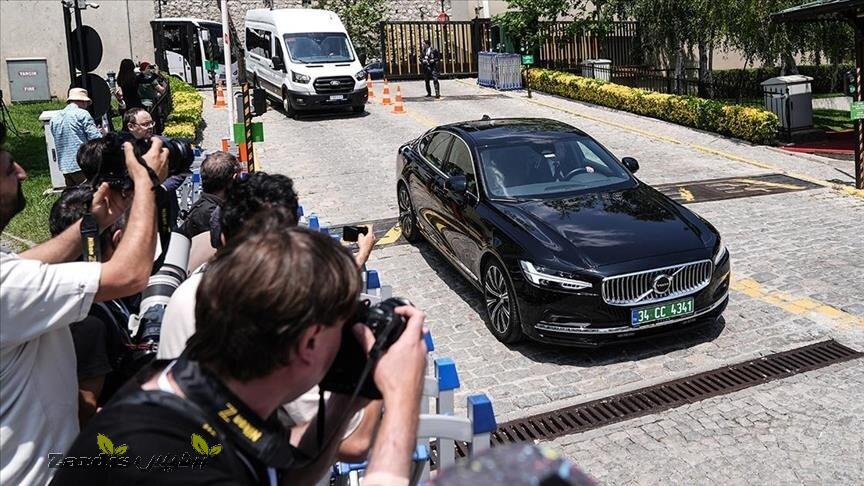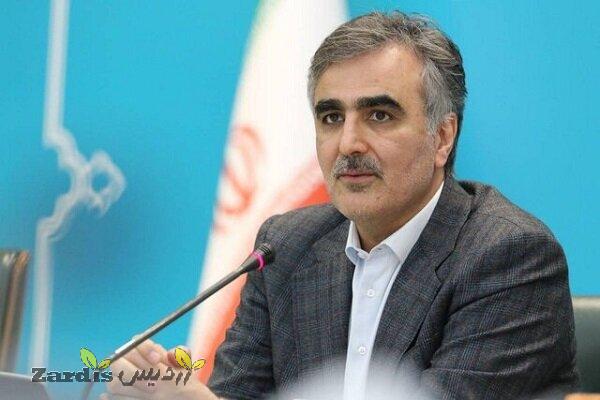TEHRAN – Iran’s ambassador to the United Nations has criticized the UN Security Council for being silent on the abuse of non-proliferation and disarmament regimes pertaining to weapons of mass destruction (WMD).
Majid Takht Ravanchi made the remarks in a Friday meeting of the UN body. He described the WMDs as “the most immoral and inhumane weapons ever developed by mankind and their development, production, stockpiling and use have rightly been prohibited.”
He pointed out that the only absolute guarantee against the use of these inhumane weapons is in fact their total elimination and to ensure that they will never be developed.
“This noble objective clearly proves the inherent value of non-proliferation and disarmament regimes and their essential role in maintaining international peace and security. Nevertheless, the authority of such regimes and the credibility of relevant international institutions have seriously been challenged and undermined in the past decades, ironically in most cases, not by those seeking to develop WMDs but by those who have abused non-proliferation regimes to advance their own interests. The Security Council was dead silent when chemical weapons provided by the West were used by Saddam in his aggression against Iran, killing thousands of Iranian and Iraqi citizens,” the Iranian diplomat said.
On March 16, 1988, Iraqi dictator Saddam Hussein ordered his air force to attack Halabja in northern Iraq with chemical bombs, using nerve agents such as VX and mustard gas to kill thousands of innocent civilians. The attack killed between 3,200 and 5,000 people and injured 7,000 to 10,000 more, most of them civilians.
The Halabja attack was part of the Al-Anfal Campaign in northern Iraq. The attack has been recognized as a distinct event of genocide conducted against the Kurdish people by the Saddam regime. The Iraqi High Criminal Court recognized the Halabja massacre as an act of genocide on March 1, 2010.
In March 2019, Iranian Foreign Minister Mohammad Javad Zarif said the Iranian nation and Kurdish brothers in Iraq will never forget the Halabja and Sardasht chemical attacks.
“First they denied it happened—then they blamed Iran. When it was clear it was their own ally, using their own chemical weapons, they were silent. The West may like to forget about horrors of Halabja & Sardasht—31 years ago today—but neither we nor our Kurdish brethren, ever will,” Zarif tweeted at the time.
Takht Ravanchi said the Security Council also was dead silent when Iraq was invaded by Western countries based on completely false WMD-related claims.
“The Council is again silent when Syria has been under extreme pressure in recent years because certain powers are abusing the Chemical Weapons Convention (CWC) and the Organization for the Prohibition of Chemical Weapons (OPCW) to advance their illegitimate interests in that country. Likewise, Iran was placed under unprecedented UN sanctions until 2016 only because of an unnecessary crisis manufactured by certain Western powers under the so-called proliferation concerns over our peaceful nuclear program. However, the Israeli regime, which has developed all types of WMDs and has refused to join international treaties banning these deadly weapons, is not held accountable by the Security Council because it is shielded by the U.S.,” the Iranian ambassador continued.
Takht Ravanchi added, “The authority of non-proliferation regimes and the credibility of related organizations cannot be preserved and upheld automatically and in isolation, while disregarding these bitter realities. The only absolute guarantee to that end is the strict application of non-proliferation norms to all, at all times and under all circumstances, and above all, without exploitation of the norms or politicization of or discrimination in their application, as well as the impartiality and professional work of the relevant multilateral machineries.”
He called on the UN Security Council to resist all efforts to politicize and abuse non-proliferation norms.
“We must therefore resist the politicization and abuse of non-proliferation norms and related institutions; renounce flawed methodologies, fake and unreliable evidence or disregarding the chain of custody in relevant investigations; and reject biased and politicized conclusions and reporting by relevant mechanisms,” Takht Ravanchi underlined.
“The draft decision on Syria submitted to the 25th Conference of the States Parties to the CWC contains all such elements, thus should be rejected. As a major victim in contemporary history of the most systematic use of chemical weapons, Iran once again condemns in the strongest possible terms the use of chemical weapons by anyone, anywhere and under any circumstances,” he said.
- News code 19975
- 206 View
- بدون نظر
Zardis news | The latest news of Iran and the world
تمامی حقوق مطالب برای Zardis news محفوظ است و هرگونه کپی برداری بدون ذکر منبع ممنوع می باشد.
طبق ماده 12 فصل سوم قانون جرائم رایانه ای کپی برداری از قالب و محتوا پیگرد قانونی خواهد داشت.
طراحی و اجرا: سامانه سایت ساز زردیس



